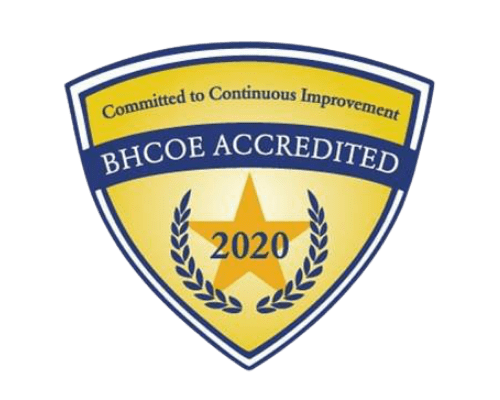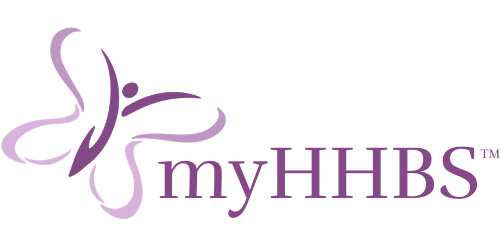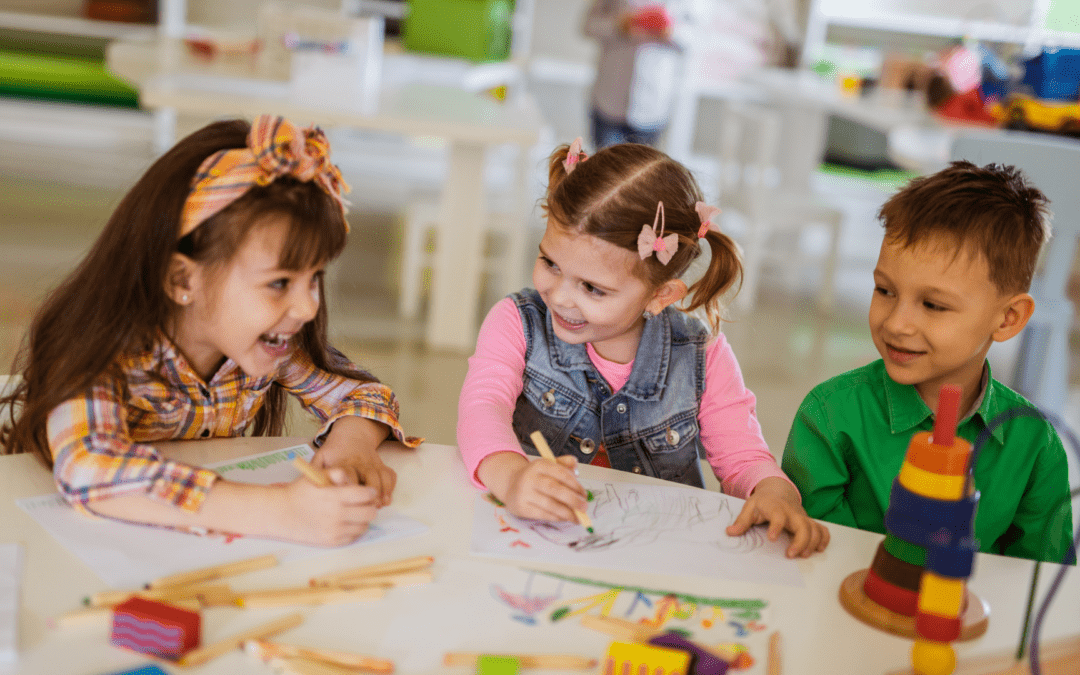For a discussion on social skills training, let’s begin by talking about social development. Social development is all about learning how to communicate, play and even build relationships with others. In the early stages of development babies usually don’t make friends and the main playmates are the parent/caregiver and sibling(s) if they have one. As your baby grows, he/she will communicate by making eye contact, smiling, and even babbling. You’ll soon experience your baby’s unique personality. If you notice overtime that your child does not maintain eye contact, looks away or turns body away from others, wants to be held constantly in social settings, even relatively familiar ones, and is hard to comfort when in social situations, then your child has not properly socialized.
Signs A Child Needs More Social Skills Training:
If you’ve spent lots of time giving your child eye contact and chatted with them and they haven’t reciprocated, then your child may need social skills. It’s the child’s role to model when it comes to social situations, so even giving your child plenty of opportunities to learn from you, they might need that extra push. This is where social skills come into play. Social skills has many benefits and opportunities to help your child communicate much more, play with peers, and even decrease maladaptive behaviors.
More Signs A Child Needs More Social Skills Training:
Many individuals with Autism lack social interest and fail to comprehend social variations. Many often exhibit little social interaction as well as reduced social responsiveness. Social initiations include skills such as greeting others, asking questions of others, commenting to others, and asking to join ongoing activities. Social skill impairments include impairments in making social initiations and behaving appropriately in circumstances that require complex initiations or responses. Starting social skills in the early stages are fundamental because the core foundation of skills are essential in social nature. For example, play skills, imitation, and manding and requesting are all in the early stages. Each of these skills focuses on attention to and interaction with another person.
Social skills are beneficial because it is a center-based service that has more than one child to incorporate the social interaction. Your child can be around kids and observe and learn the behaviors of socializing with others. A few fundamental goals would be targeted such as:
- Turn taking
- Playing with peers
- Parallel play
- Manding/requesting
- Greetings
- Eye contact
- Multi-step instructions
- WH questions
- Back and forth conversation.
These goals are uniquely incorporated within your child’s target goals to ensure your child’s success. Each parent may have their input on behalf of what they would like their child’s clinical team to focus on, but we are here in social skills to enhance all social attributions.

Article Written By Maria Kakosimidi, M.S., Ph.D.
Maria Kakosimidi, M.S., Ph.D. is a Clinical Program Supervisor for our center-based location. Dr. Kakosimidi has been working in the field of Applied Behavior Analysis for the past 6 years. She started off as a Behavior Therapist for 4 years and then got promoted to Clinical Program Supervisor once she earned her master’s degree in ABA. Dr. Kakosimidi earned her bachelors and master’s degrees in ABA from Purdue University. She recently earned her second master’s in psychology along with a PhD. Her experience ranges from working in home and center settings. She has worked with individuals from 3-21 years of age. Dr. Kakosimidi is very passionate about her line of work. Dr. Kakosimidi is on her path to become a BCBA and Clinical Psychologist. Her passion comes from within, and is very excited to grow in the field of ABA and psychology.

In 2020 myHHBS become accredited with BHCOE, Behavioral Heath Center of Excellence. myHHBS had to go through an audit process against 200 other behavioral agencies to determine center of excellence, and by holding high standards and providing quality service myHHBS was recognized as a Center of Excellence! Read more about it here.

